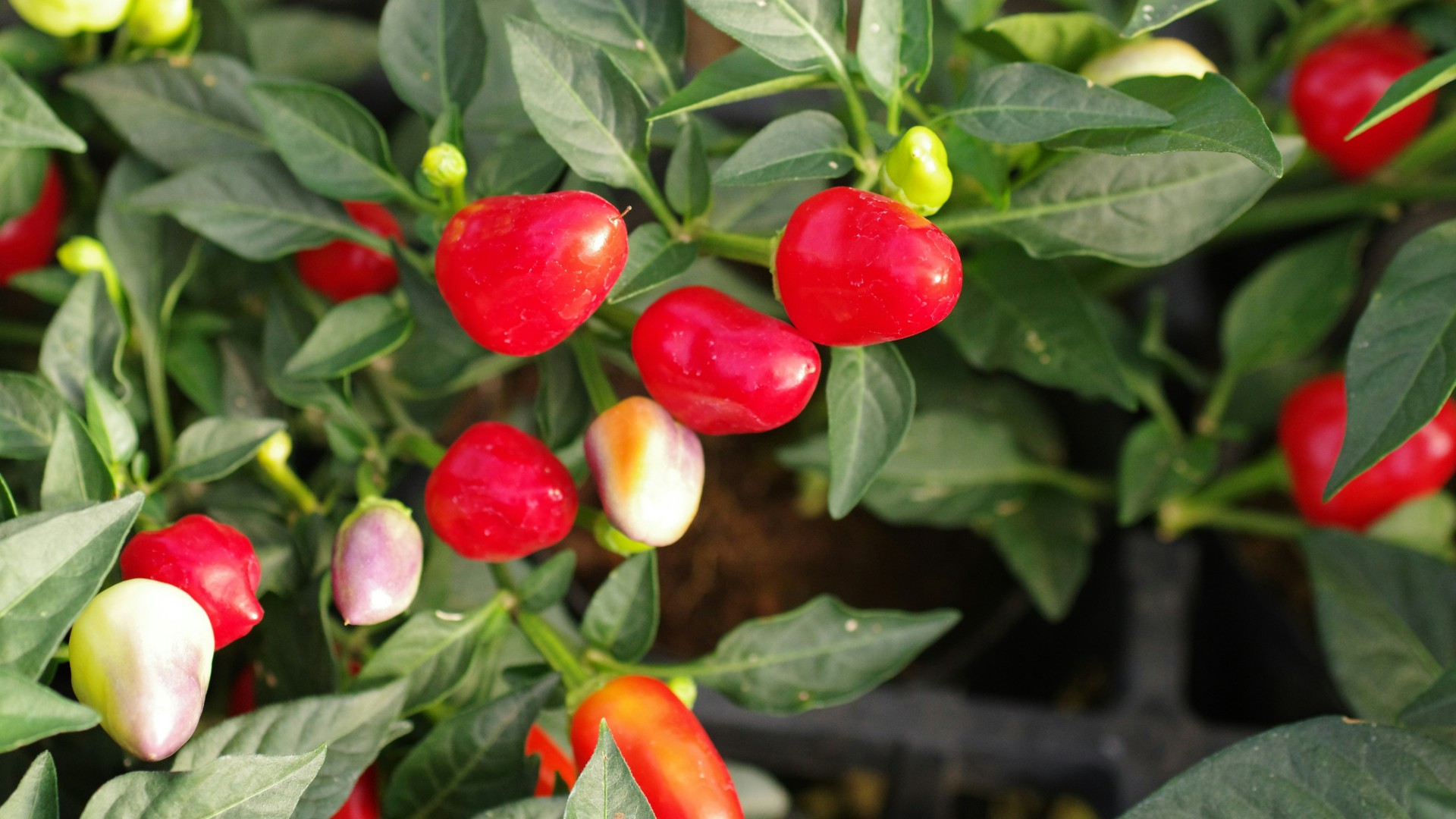Essential for the transition to climate-smart agriculture, agroecology promotes sustainable practices that increase the resilience of farming systems and reduce environmental impact. In June, LAND took part in the first International Congress of Mediterranean Agroecology, held in Agrigento, Sicily, and organised by Coordination Agroecology Sicily. We participated in thematic forums and discussion spaces, and presented research conducted by the EVECSA project.
A successful first congress for dialogue and exchange
The Congress created a space for dialogue between farmers, researchers, and institutions, to share local experiences and knowledge across the Mediterranean area.
The event focused on four thematic areas: Biodiversity and resilient agricultural systems; Agroecology and climate change mitigation; Sustainable food systems and social justice; Technological innovation and agroecological practices.
The vision of agroecology promoted by the congress is inspired by the 13 principles outlined by the High Level Panel of Experts on Food Security and Nutrition in 2019, which define it as a science, a set of practices, a social movement, and an innovative approach to sustainable agri-food systems.
In line with this holistic vision of agroecology, the Congress encouraged interdisciplinary exchanges through a participatory process connecting the scientific, technical, and political fields.
The first steps of the Sicilian agroecology law
Coordination Agroecology Sicily, organiser of the Congress, has been promoting the approval of Regional Law 21 of 29 July 2021 on agroecology, which has just entered into force.
At the regional level, this law recognised agroecological farms; drew the official list of native species and breeds – including tree, shrub, and herbaceous species, as well as livestock breeds; established the required data and information for evaluation and getting incentives; and developed guidelines for applying Precision Agriculture.
While implementation is still in its early stages, the law already represents an opportunity to recognise the importance of the agroecological approach and advocate for its local application.
The EVECSA research highlights the urgency of agroecology
The agroecological approach has also been recognised by stakeholders involved in the recent research developed within the EVECSA project, which is creating six Centres of Vocational Excellence (CoVEs) across Europe, including Sicily.
The results of this study highlighted the needs, requirements, and skills necessary to incorporate Climate Smart Agriculture practices into curricula and training programmes across countries. The report clearly shows the role agroecology can play in Sicily and other regions.
In Italy, sustainable practices such as agroforestry, permaculture, and hydroponics are spreading, and they are regenerative techniques focused on “nature-positive food systems” that emphasise biodiversity and soil health in the Netherlands. Denmark is also investing in agroecology and regenerative agriculture, focusing on rebuilding soil fertility and improving biodiversity. In Poland, regenerative agriculture methods such as intercropping, crop rotation, and natural fertilisation are widely practiced, while Spain integrates agroecological principles through the cultivation of local varieties, cover crops, and silvopastoral systems.
Although countries recognise the importance of these practices, they are not yet consistently incorporated into school curricula, training courses, and professional development for agricultural workers. The research highlights the need to create training pathways for young students and farmers that consider agroecological practices and principles. Read the full report: Overview of needs, resources and competence profiles in Climate Smart Agriculture.
Participating in events like the Congress of Mediterranean Agroecology reaffirms LAND’s commitment to promoting agroecology as a concrete response to environmental and social challenges. We believe it is essential to continue investing in knowledge, collaboration, and shared decisions to transform agricultural practices towards sustainability, starting from the real needs of local territories.
EVECSA is funded by the ERASMUS+ project, and will last for a period of 48 months. In collaboration with Bygholm – BYGHOLM LANDBRUGSSKOLE (Denmark – Coordinator), Asmildkloster – ASMILDKLOSTER LANDBRUGSSKOLE (Denmark), Green Academy – JORDBRUGETS UDDANNELSESCENTER ARHUS (Denmark), Kalo Organic – VIDEN DJURS (Denmark), FBCD AS (Denmark), AU – AARHUS UNIVERSITET (Denmark), EAMANRESA – Departament d’Acció Climàtica, Alimentació i Agenda Rural (Spain), BOSCAT FUSTA SL (Spain), UVic-UCC – FUNDACIO UNIVERSITARIA BALMES (Spain), CESIE ETS (Italy), LAND IMPRESA SOCIALE SRL (Italy), CORERAS – CONSORZIO REGIONALE PER LA RICERCA APPLICATA E LA SPERIMENTAZIONE (Italy), Aeres – STICHTING AERES GROEP (Holland), AFC – STICHTING AGROFOODCLUSTER (Holland), KATAPULT – STICHTING PLATFORM TALENT VOORTECHNOLOGIE (Holland), ProAgria – PROAGRIA KESKI-POHJANMAA RY (Finland), KPEDU – KESKI-POHJANMAAN KOULUTUSYHTYMA (Finland), SEDU – SEINAJOEN KOULUTUSKUNTAYHTYMA (Finland), LUAS – LAPLAND UNIVERSITY OF APPLIED SCIENCES (Finland), Pow.ZD. – POWIAT ZDUNSKOWOLSKI (Poland), UPWr – UNIWERSYTET PRZYRODNICZY WE WROCLAWIU (Poland), Energia- ENERGIA OZ SP ZOO (Poland).
Do you want do know more about EVECSA?
Are you a VET organisation, VET staff or VET student interested in climate smart agriculture issues? Do you work for an agricultural company and would like to learn more about green skills? To learn more, contact margherita.rosi@impresasocialeland.org.

